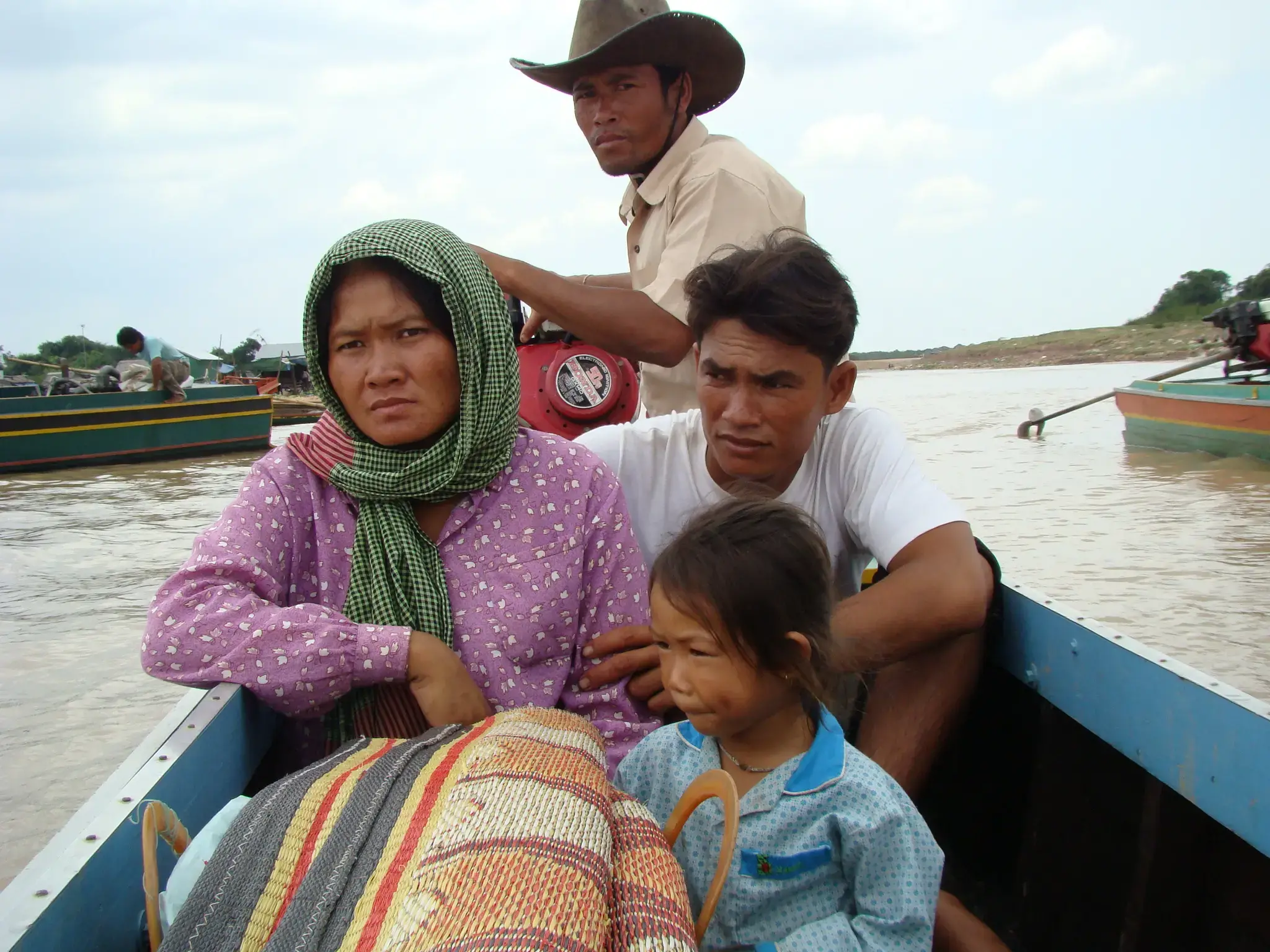Census
Census provides up-to-date information on a variety of population characteristics, including population size and growth, fertility, mortality, migration, employment levels and household information. It is crucial to have accurate and updated information about the population for development, strategic planning and policy formation.
UNFPA provides technical assistance to the Cambodia Census (conducted every 10 years), Inter-censal Population Surveys (conducted in between two censuses) as well as other national data collection exercises such as the Cambodia Demographic and Health Survey, to ensure that quality data is collected, analyzed and widely utilized for development.
Demographic dividend
Declining fertility and increasing proportions of youth are opening a window of opportunity for a demographic dividend in Cambodia. One in three Cambodians is currently in between the age of 15 and 29, representing a large and potential labour force in the form of youth.
Given that changing population dynamics will greatly impact Cambodia’s social and economic spheres, UNFPA works with parties to incorporate these demographic changes into future policies and development planning. Substantial investments into primary and secondary education, empowerment of women and adolescent reproductive health will be needed to realize the great potential the young population holds and to reap the benefits of this demographic dividend.
Urbanization
Cambodia has been experiencing rapid urbanization in the last few years and the urban population constituted 21.44% of the total population in 2013. While urbanization brings many socio-economic benefits, unplanned and unregulated urbanization brings challenges such as inequality and lack of infrastructure and services, especially for the urban poor.
UNFPA works to increase awareness of the challenges and impacts of urbanization, advocate for more research on socio-economic impacts of urbanization, promote effective and inclusive urbanization processes and provide assistance for urban poor households. UNFPA supports initiatives that address the needs and well-being of vulnerable groups, especially in regards to health and sanitation, access to sexual and reproductive health services and increasing gender-equity for youth and women in urban poor communities.
Migration
Cambodia has been experiencing a wave of international and internal migration recently. Internal rural urban migration is increasing in Cambodia – currently 11.5% of the population is living in Phnom Penh (2013). The majority of internal migrants are young people, leaving home for urban areas in search of better economic and social opportunities. More importantly, of the near 500,000 workers in the garment industry, 85% are women, of which many are young women (under 24 years old) of reproductive age who have migrated from rural provinces to Phnom Penh.
UNFPA supports research on migration, promotes incorporation of migration data into Cambodian policies and advocates for the rights and needs of vulnerable migrants, particularly those of women and youth migrants.


